Summary
For this project, CWP supported a year-long evaluation of the Justice Ambassadors Youth Council. The Justice Ambassadors Youth Council, a program led by Columbia University’s Center for Justice, is an innovative program in which young New Yorkers, including those who have been impacted by the justice system as well as Columbia University students, work with city agencies and community leaders to co-author policy proposals. The proposals aim to transform the justice system and address community challenges in New York City.
The Justice Ambassadors Youth Council has inspired numerous policy changes throughout New York City government, including an innovative new community-led intervention to reduce gun violence and street crew involvement in the Bedford-Stuyvesant neighborhood of Brooklyn. With CWP’s support, the Justice Ambassadors Youth Council undertook an extensive program evaluation to consider the broader impact of the Justice Ambassador Youth Council within New York City as well as outcomes unique to its government representatives and youth participants. In addition, the evaluation also considered the implementation process of JAYC with recommendations for ongoing program improvement.
The evaluation demonstrated that across the four years of its programming and five cohorts, the Justice Ambassadors Youth Council has been a catalyst for change not only for its individual participants, but also for the communities that it prioritizes, and the broader systems and institutions of New York City and State. Though small in scale, it has resulted in numerous community events, new collaborative organizational partnerships, policy proposal ideas, and publications. It has also demonstrated reductions of youth involvement with the criminal legal system as a result of the program. A summary of the evaluation approach, methodology, findings and recommendations can be found here (report pending).
About Justice Ambassadors Youth Council (JAYC)
This is an 8-week program in which young New Yorkers engage with city agency and community leaders to develop policy proposals that advance alternative approaches to justice and community well-being through open and honest dialogue about identity, social change, and systems of mass incarceration and criminalization. It offers resources to young individuals closest to the problem of mass incarceration while also providing them with a platform to use their insights, life experience and voice to directly engage with developing transformative policy. More than 100 youth and adults have completed the program since it launched in 2019. Leaders from the Brooklyn, Manhattan and Bronx district attorneys’ offices; the New York City Police Department; the Department of Education; New York City Administration for Children’s Services; the Mayor’s Office of Criminal Justice; the City Council, and other city entities have taken part.
In Partnership With:
Team
-
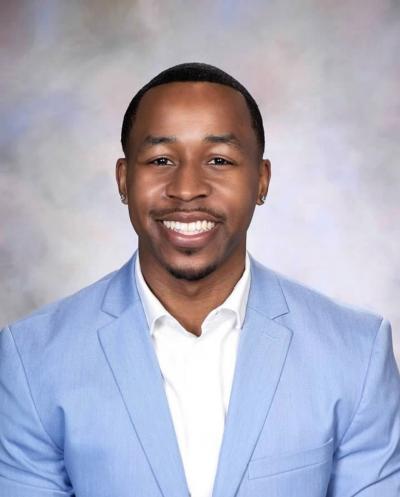
Jarrell Daniels
Columbia UniversityProject LeadRead Full Bio arrow_right_altJarrell E. Daniels is a Bronx, New York native, Truman Scholar and graduating senior at Columbia University’s School of General Studies. In 2019, one year after coming home from prison...
-
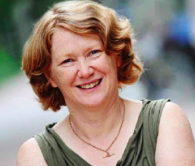
Geraldine Downey
Columbia UniversityProject LeadRead Full Bio arrow_right_altDr. Downey, Director, Center for Justice; Robert Johnston Niven Professor of Humane Letters in Psychology – Columbia University, has worked on and taught about issues related to incarceration...
-
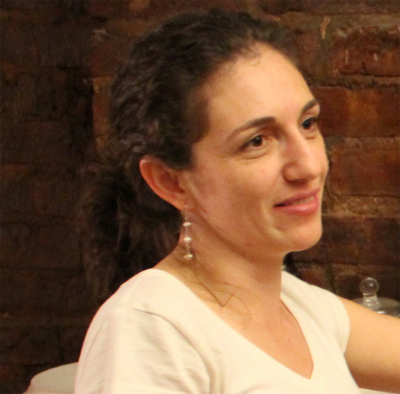
Claudia Rincón
Columbia UniversityProject LeadRead Full Bio arrow_right_altClaudia Rincón is the Associate Director of Operations and Evaluation at the Center for Justice where she is responsible for developing a framework for evaluation for the Center’s programs...
-
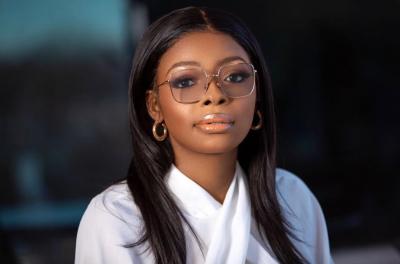
UniQue Starks
Columbia University, Bridge Street Development CorporationProject LeadRead Full Bio arrow_right_altDr. UniQue C. Starks is a New York native who creates action-driven initiatives for the advancement of historically under-resourced communities.
-
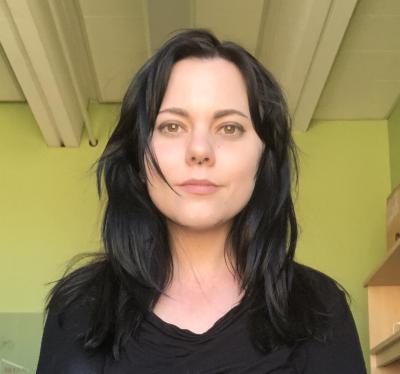
Brooke Burrows
Columbia University; University of Massachusetts AmherstProject TeamRead Full Bio arrow_right_altA fifth-year doctoral candidate specializing in social change processes including collective action, conflict resolution, and international justice mechanisms, Burrows was awarded a National...
Go Deeper
Publications
Daniels, J., Burrows, B., Starks-Tanksley, U., Downey, G. (in press). Social Rehabilitation through Collaborative Education: Justice Ambassadors as a Transformative Program for Youth Development Policy. In F. Coppola and A. Martufi (Eds.), Social Rehabilitation and Criminal Justice. Routledge.
Burrows, B., Daniels, J., Starks, U., Amso, D., & Downey, G. (2023). The Ecological Resilience Framework: The Justice Ambassadors Youth Council as a model for community-based resilience. Development and Psychopathology, Special Issue: Resilience in Development: Pathways to Multisystem Integration, 1-9. doi:10.1017/S0954579423001001

